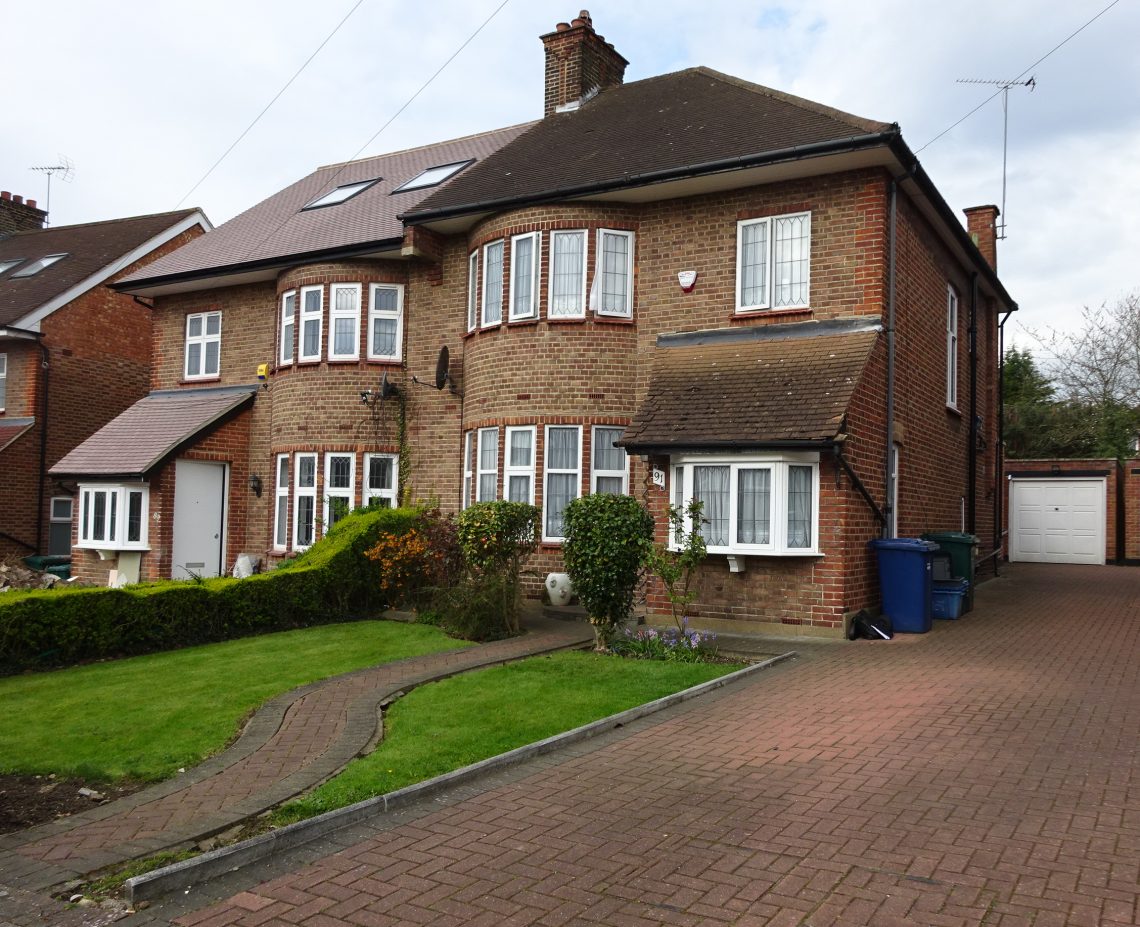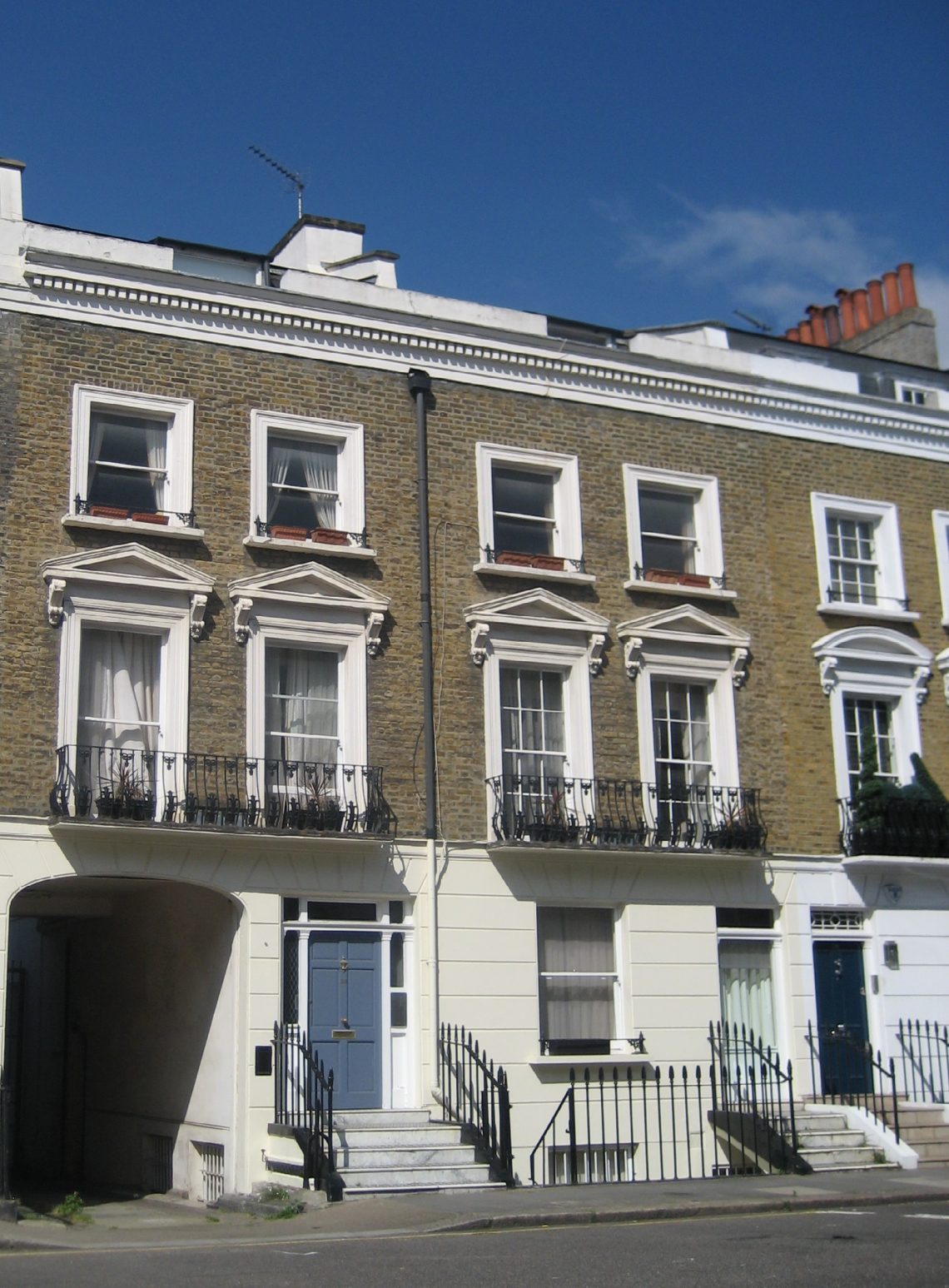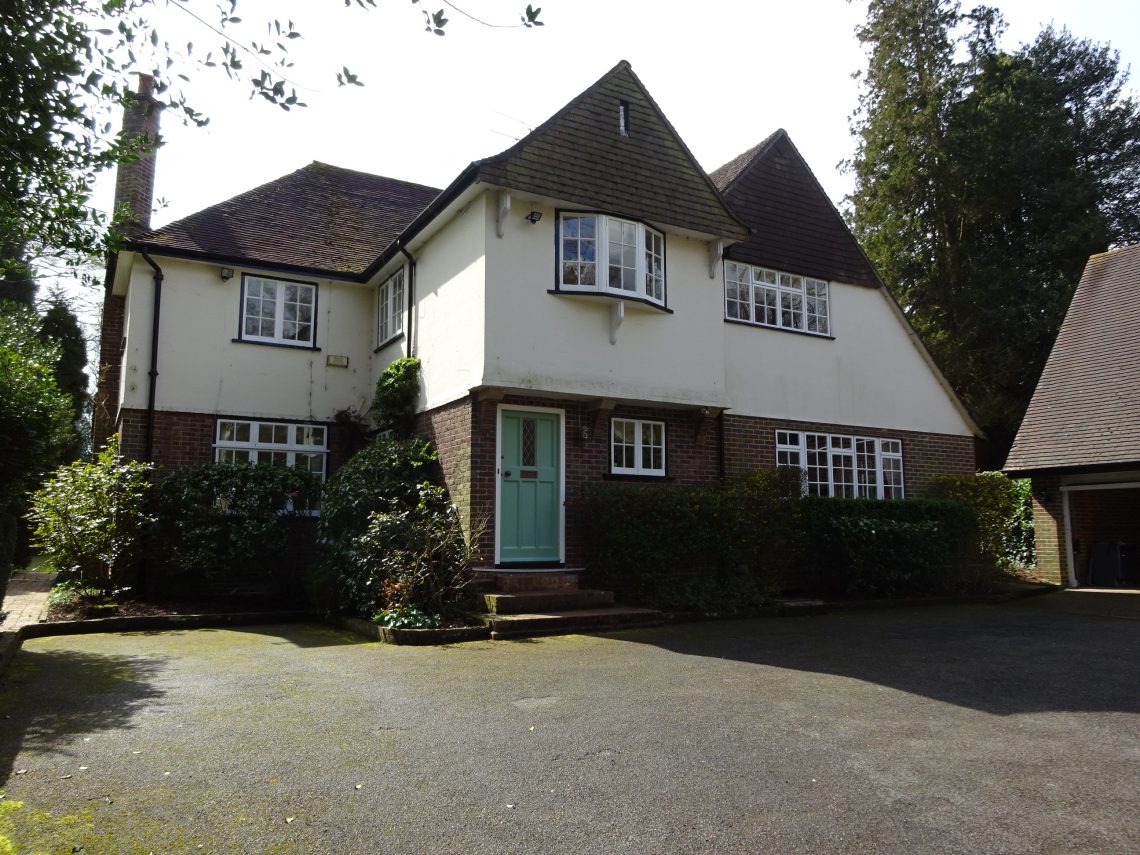This is the tax that is paid on the ‘estate’. That is the property left by somebody upon their death.
HM Revenue and Customs (HMRC) state that you need to value the property (‘the estate’) of someone who has died before you can get the legal right to deal with the estate (known as ‘grant of representation’).
The valuation is used to calculate if Inheritance Tax (IHT) has to be paid on the estate. You need expert valuation advice to determine the ‘market value’ of the estate at the time of death (that is the realistic selling price of the property at that time).
HMRC recommend that you should use a professional valuer (Chartered Surveyor) for buildings worth more than £500,000. The surveyor’s valuation is the starting point of the calculation.
Under S160 of the Inheritance Tax Act 1984 (IHTA 1984), the value of property at any time is the price ‘the property might reasonably be expected to fetch if sold in the open market at that time’. As the charge of Inheritance Tax on death assumes the transfer of value occurred immediately before death, the property valuation submitted to HMRC must be the valuation of the property at that time.
There can be no assurance that a valuation from an estate agent will be sufficient. If there is an undervaluation, there is no guarantee that the Personal Representatives will not incur a penalty from HMRC for under representing the value of the estate.
Penalties will not normally be incurred if the method of valuation is reasonable and proportionate in the circumstances. It is for this reason that a formal professional valuation by a Chartered Surveyor and RICS Registered Valuer is favoured by HMRC.
Property is usually one the biggest element of a person’s estate and Inheritance Tax can amount to a substantial amount of money. We find many clients want the assistance of our specialist valuers to assist and guide them with this complex matter at such an unfortunate time.
For further information, please contact: Justin Bennett BSc (Hons) FRICS ACIArb









